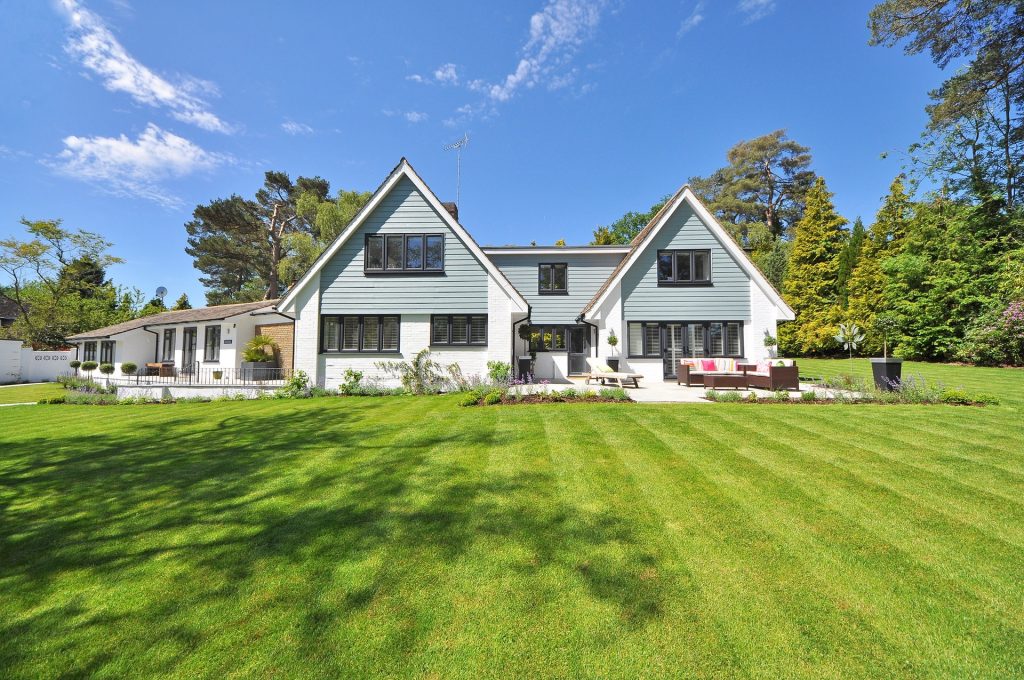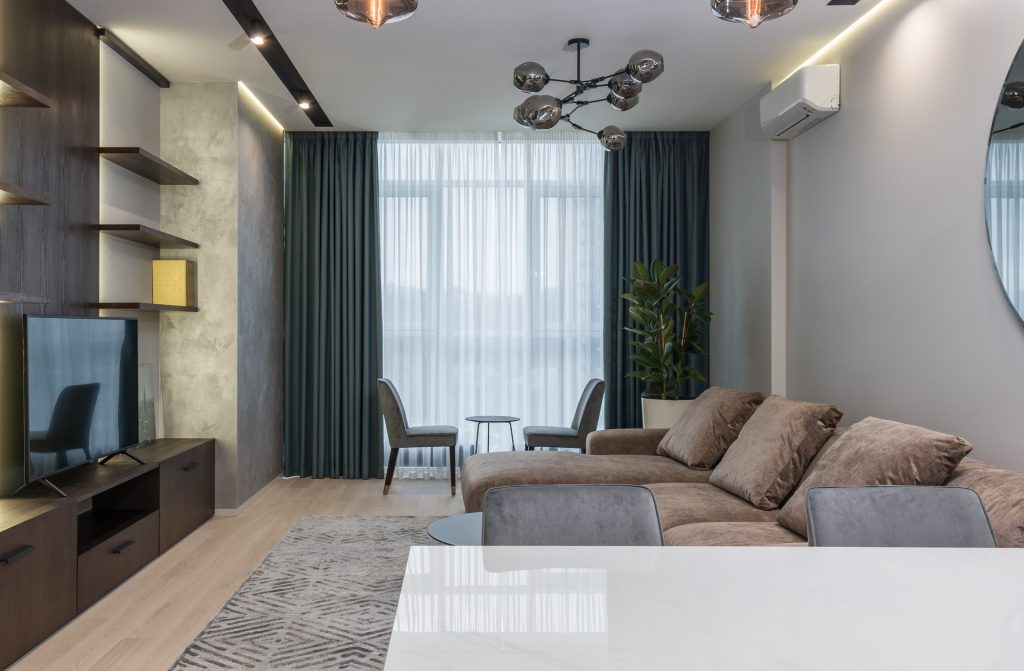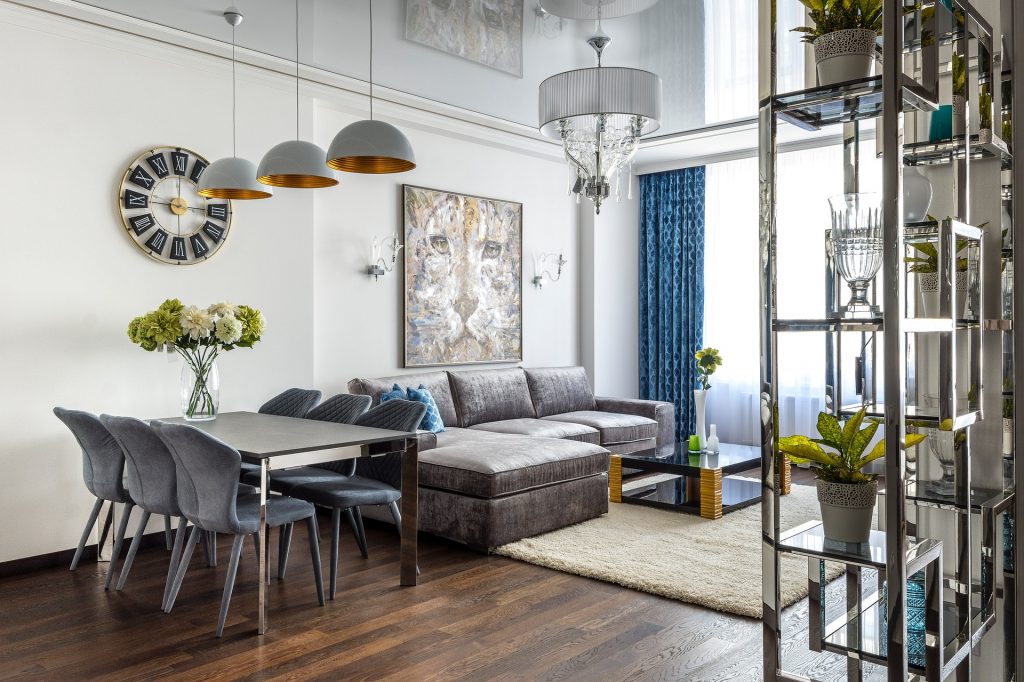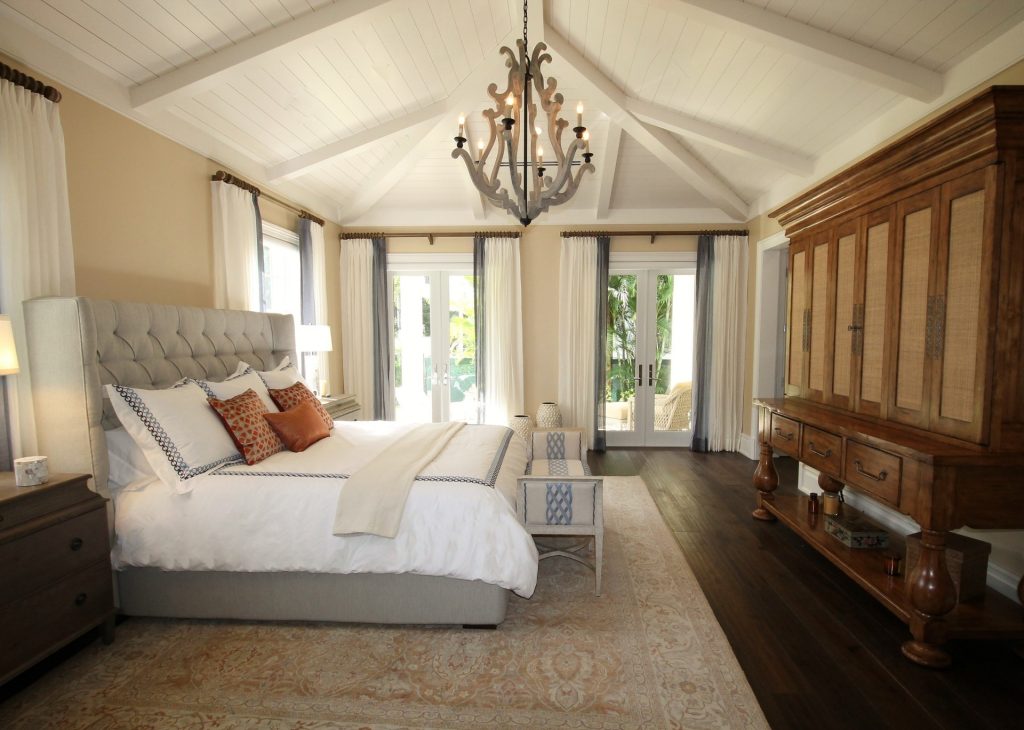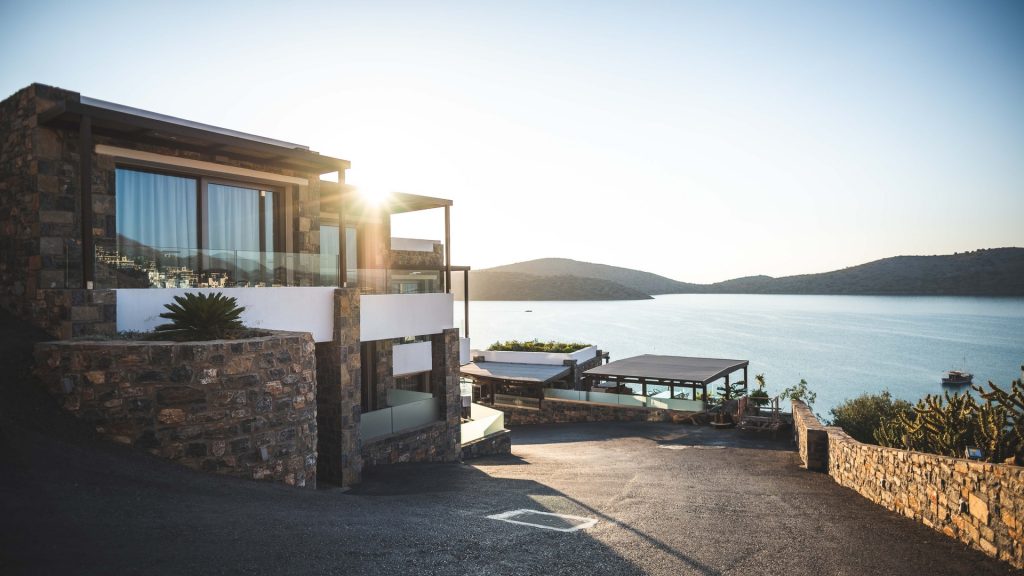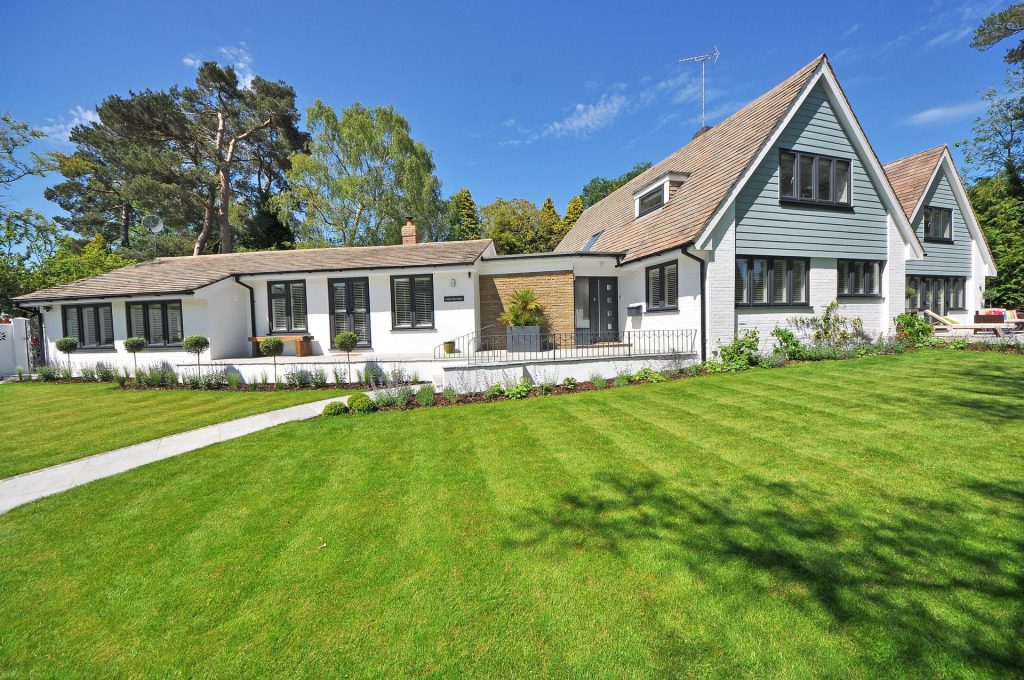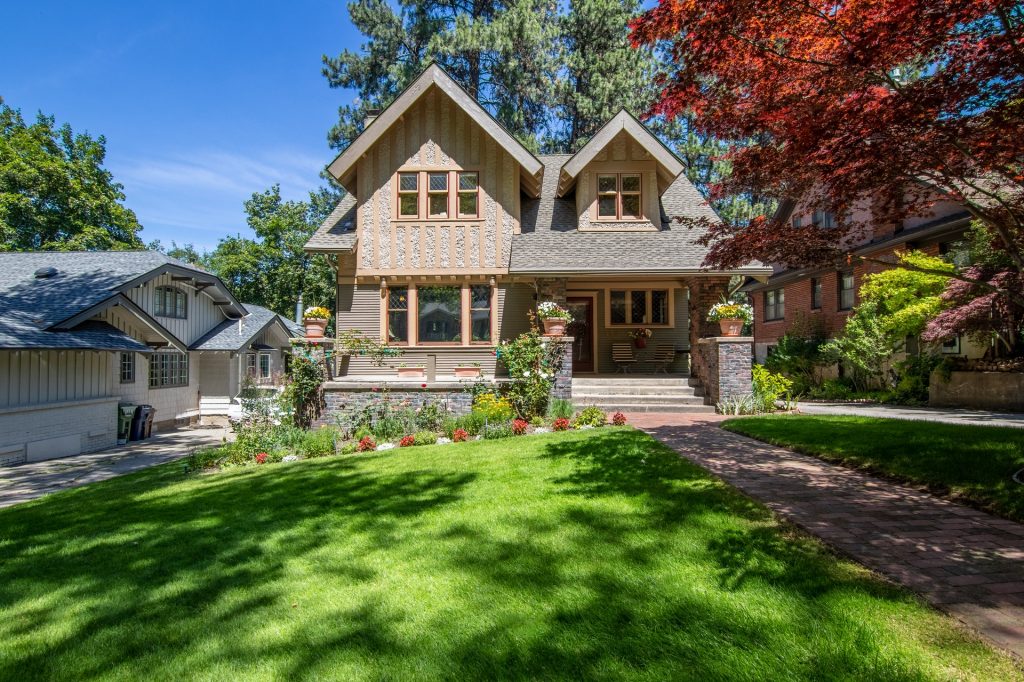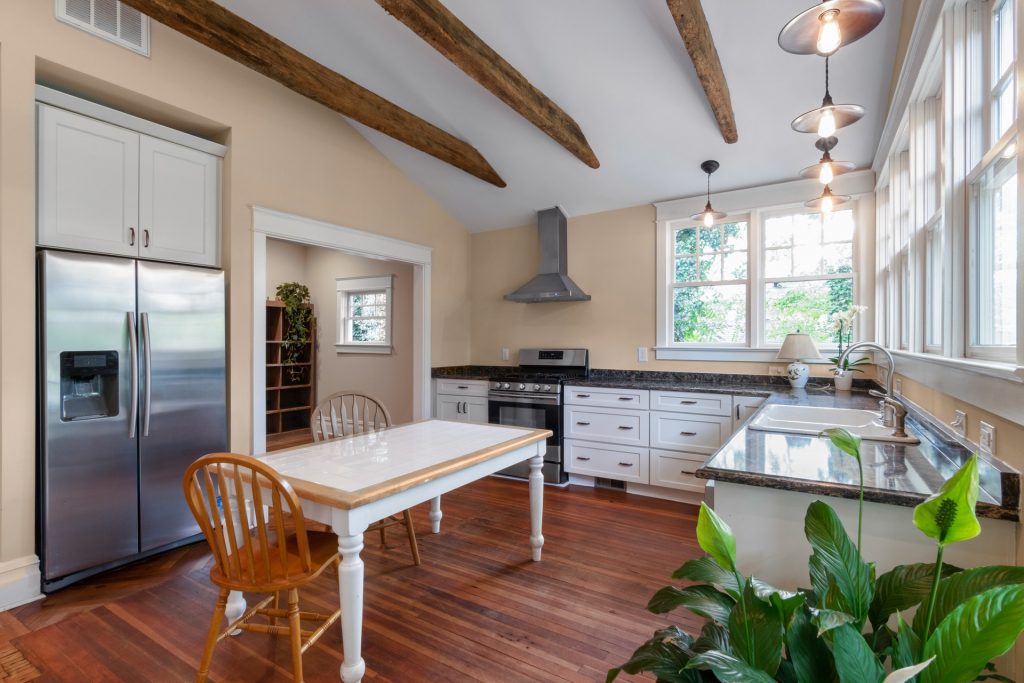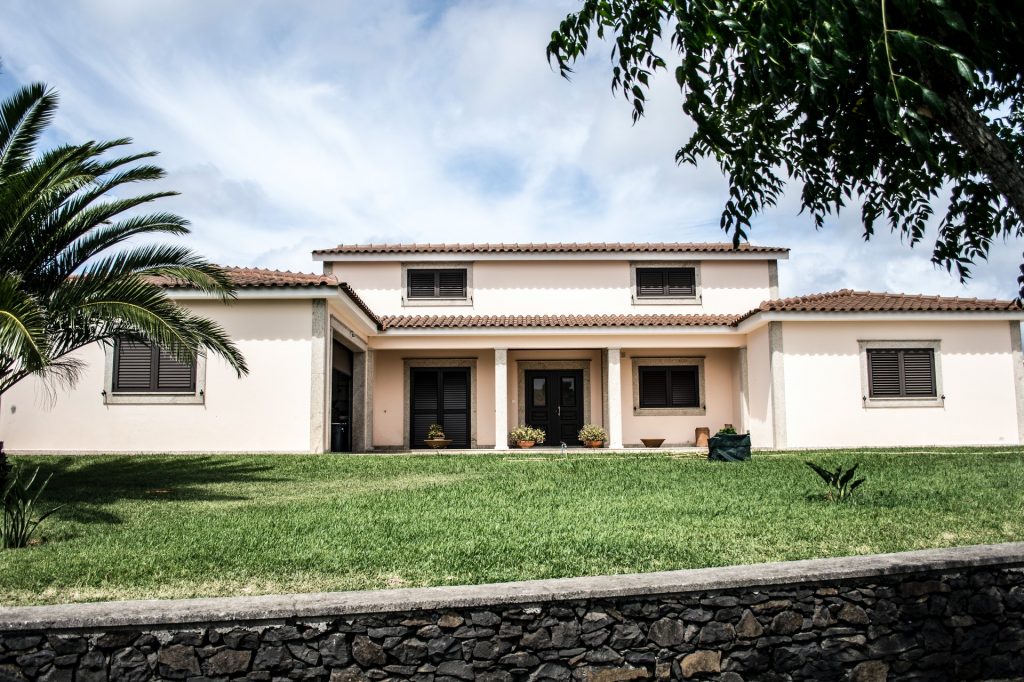
Every real estate investing deal is an opportunity for both profit and education. Well my first deal was a good combination of both. When I decided I wanted to get involved in real estate investing it took me eight months to decide to do my first deal.
This particular deal came as a result of networking in my local real estate investor group. A local Memphis investor found a deal on a 3 bedroom, 2 bathroom home in a moderate to lower income area where people still like to buy homes. This was a wholesale deal for the other investor and he assigned his contract to me to close on the deal. I was buying the property for $58,000 and $5,000 of that went to the investor for assigning the contract to me and $53,000 went to the seller of the property. I had the cash available so I paid all cash for this deal and for $4,000 in repairs this property needed. The after repaired value of the property was approximately 95k.
I had decided I wanted to do a rent to own or lease option deal with this property. I put a yard sign out with property flyers and had links to a website with inside pictures of the property. At the time I was doing this a more experienced investor told me I should try to retail the property and take the quick cash and go on to the next deal. Well as a new investor I wasn’t sure how long it would take for me to find my next good deal so I wanted to get the maximum out of this property. After about a month(and about $800 in ads) I found a tenant I considered suitable and agreed to take a $2500 option fee plus $875 per month and a sales price of $99,000. If the tenant pays the rent by the first of the month then $100 counts as pay down towards the purchase price. If I had sold the property quickly I may have sold for $89k and paid $5k in selling fees and netted about $20k and would have paid about $7k in taxes on that income. Instead by going after lease option it may take 2-6 years to sell and I should get a $99k or better selling price with much less selling costs and should net about $35k of which about $5k will be taxed as capital gains. The lease option method will net me about double what retailing would have done, however it would have been nice to have access to that cash for doing more deals. I think the $15,000 profit quickly would have been better than $30,000 in a couple of years plus the things I could have done with the $62,000 in cash I put into the property.
The tenant I chose has not once in the first nine months paid the rent on time so he hasn’t earned the $100 monthly rent credit, and has on average had to pay an extra $100 each month in late charges. I don’t expect this tenant will be able to refinance, however his job status and income have been going up while he has been in the property, and the current market value is now $105k. The tenants father is a mortgage broker and if I get to the point of evicting the son the father has told me to let him catch up the sons rent before filing for eviction so that part is really in my favor.
From a humanitarian perspective I like lease option deals as I am really helping someone who could not rent otherwise. I will only do a lease option to someone I believe is improving their credit and job situation and should be able to buy the house within 24 months. With 12 months of on time payments verified by copies of checks many mortgage brokers can get your tenant financed as a refinance type of deal.
In the event the tenant doesn’t buy the property within the first 2 years I can either lease option to another tenant or just try to outright sell the property. Even though the property provides great cash flow I would rather sell it and get a big check and use the cash to go after the next deal.
Some things I learned on this deal that you can use: 1. We had a yard sign with flyers in a flyer tube plus links to view pictures on a website. Before we would show the inside of the property we insisted any prospects should view the pictures online first. We ran ads in the major local newspaper and we got 20 times as many calls from the yard sign than we did from the newspaper. However this street had decent traffic, other properties I have are more secluded. Always use a yard sign and flyer box and have pics online with good descriptions and always highlight the kitchen and bathrooms. 2. If I had the deal to do all over again I would have retailed the house and tried to sell it quickly. I could have rolled this deals cash into more and more deals and made much more money. My opinion now is that every investor who isn’t already financially well off needs to go for the quick income first and progress to long term deals second. 3. I probably should have waited a little longer for a stronger tenant. 4. You can not do this type of lease option transaction in Texas now due to some strange laws that got passed in 2005. However I live in Tennessee and we don’t have any anti-investor state wide laws yet. We do have a bad local one related to trash left over from evictions but that is minor in comparison.
